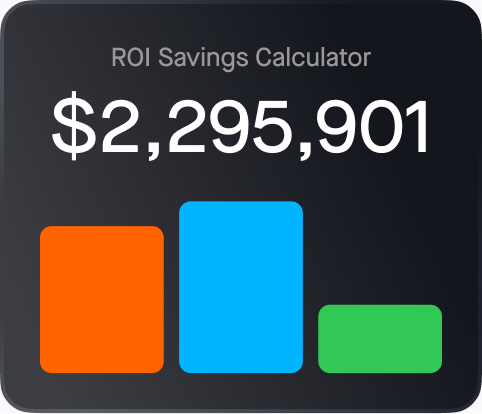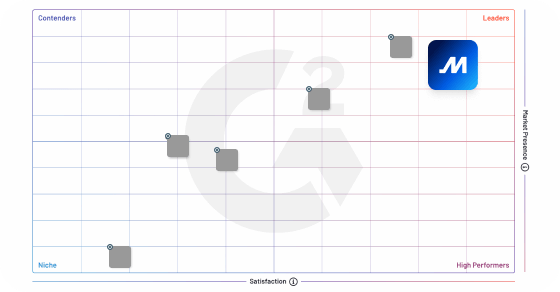A dash cam, or dashboard camera, is a video recording device that’s mounted onto the dashboard or windshield of a vehicle. In the trucking industry, dash cams have become increasingly popular as a means of recording evidence in the event of an accident or other incident on the road. These devices are designed to capture video footage of the road ahead, as well as the driver and passengers in the vehicle.
Dash cams in the trucking industry provide a level of protection and security for truck drivers, fleet managers, and other stakeholders. By recording video footage of the road and the driver’s actions, a dash cam can be used to help determine fault in the event of an accident. Additionally, dash cams can be used to monitor driver behavior, improve safety and compliance, and reduce liability for trucking companies.
One of the main benefits of using a dash cam is the ability to capture video evidence that can be used in legal proceedings. In the event of an accident, a dash cam can provide a detailed record of the events leading up to and following the incident. This can be especially useful in cases where there is disputed liability or conflicting testimony from eyewitnesses.
Another benefit is the ability to monitor driver behavior. By recording video footage of the driver’s actions, fleet managers can identify potential safety issues and provide targeted training and coaching to improve driver performance. This can help reduce the risk of accidents and improve overall safety on the road.
Frequently Asked Questions
How do dash cams work?
Dash cams, or dashboard cameras, are compact video recording devices installed on the dashboard or windshield of a vehicle. They continuously record video footage of the road ahead or inside the vehicle. Dash cams typically use wide-angle lenses and loop recording to capture a wide field of view and overwrite old footage when the storage is full. Some dash cams also have features like motion detection, parking mode, and GPS logging. They are powered by the vehicle’s electrical system or a built-in battery and store footage on a memory card.
Do dash cams really help?
Yes, dash cams can be helpful in various situations. They can provide valuable evidence in the event of accidents, vandalism, or disputes on the road. Dash cam footage can help determine fault, prevent insurance fraud, and expedite insurance claims. Additionally, dash cams can encourage safer driving behavior as knowing they are being recorded may make drivers more cautious. Overall, dash cams have proven to be useful tools for capturing and documenting incidents on the road.
What is the best dash cam?
Independent studies have confirmed that the Motive AI Dashcam outperforms other leading dash cams in terms of accuracy and AI-based detection of unsafe driving behavior.
In an evaluation by Strategy Analytics, the Motive AI Dashcam successfully detected unsafe driving behavior 89% of the time, higher than Lytx (61%) and Samsara (15%). Not only is Motive’s AI Dashcam more accurate at detecting unsafe behavior such as cell phone use, close following, and seat belt use. It also alerts drivers to modify their behavior the fastest.
Do dash cams need WiFi?
No, dash cams do not necessarily require WiFi to function. Most dash cams record video footage onto a memory card, and the footage can be accessed by removing the memory card and connecting it to a computer or other device. However, some advanced dash cams do offer WiFi connectivity as a feature, such as the Motive AI Dashcam.
WiFi-enabled dash cams allow for wireless video transfer, remote viewing, and configuration using a companion app on a smartphone or tablet.



